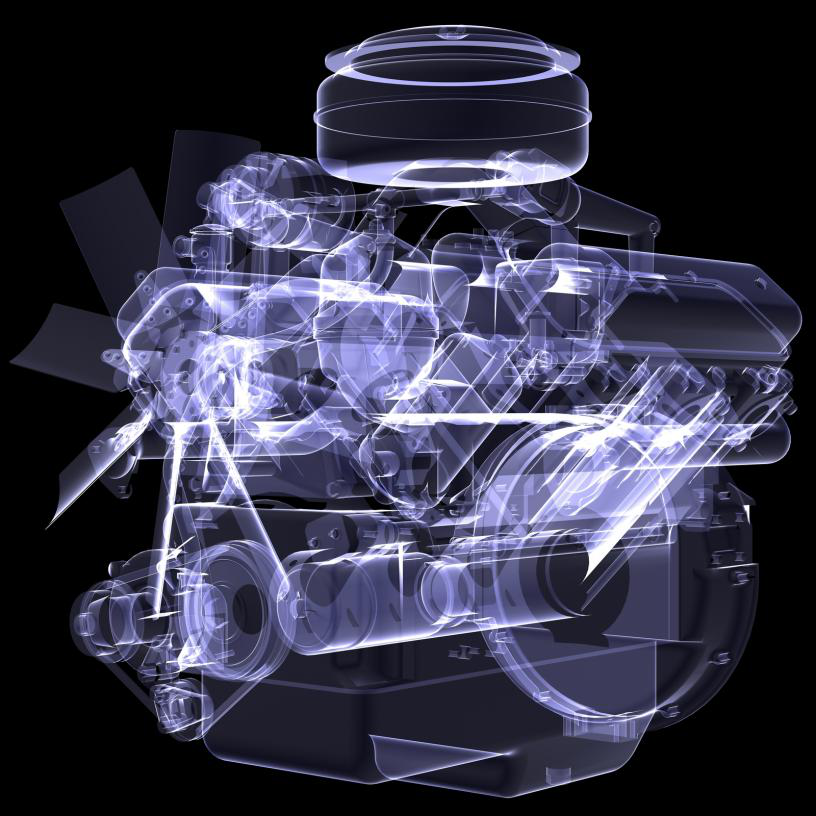For orders and details please call 726-999-0231
Diesel Engines Vs Gasoline Engines: The Differences
Theoretically, gasoline and diesel-powered engines are quite similar. Both can be classified as internal combustion engines that convert the fuel’s chemical energy into mechanical energy that propel the pistons inside the cylinders, which in turn, move the crankshaft which powers the wheels of the vehicle.

Both types of engines convert chemical energy into mechanical energy via a series of combustions or explosions that occur within the engine’s cylinders. This is the point where diesel and gasoline engines branch off from one another.
Ignition Combustion Vs Compression Combustion
In a gasoline internal combustion engine, air is mixed with fuel, compressed by the engine’s pistons, and the spark delivered by the spark plugs ignite this fixture. Meanwhile, in diesel engines, there are no spark plugs. Here, the air is compressed tightly before fuel injection occurs. I’s actually the heat of the compressed air that causes the fuel to ignite.
How Diesel ECMs Differ from Gasoline ECMs
Since gasoline and diesel engines are different in terms of how they create power, their electronic engine management systems are different as well. In a modern diesel engine, the Engine Control Module’s (ECM’s) primary function is to control the timing of the valves and ensure that optimal amounts of air and fuel are being delivered to the engine, based on various factors including engine temperature, throttle input, etc.
Gasoline ECMs regulate the air-fuel ratio as well. However, they’re faced with the additional task of regulating the spark timings as well. In order for a gasoline engine to deliver optimal performance and efficiency, the timing of the spark has to be just right. If it’s off even by a small degree, it can result in the engine running either too rich or too lean—both having an adverse effect on the engine’s performance and efficiency.
Power Delivery
Gasoline engines and diesel engines are different in terms of how they deliver power as well. Gasoline engines tend to deliver peak power and torque higher up in the rev range. Diesel engines, on the other hand, are known for delivering most of the available torque lower in the rev band. That’s the primary reason why heavy truck and large industrial machines generally come with diesel engines. Moreover, since diesel burns slowly compared to gasoline, diesel engines tend to be more economical as well.
Looking for replacement ECM for your Caterpillar semi-truck online? CATECM is one of the United States’ leading providers of Caterpillar ECM replacement, repairs and reprogramming services. We deliver all over the United States and all our engine parts come with a 1-year warrant. Get in touch with us to learn more.

